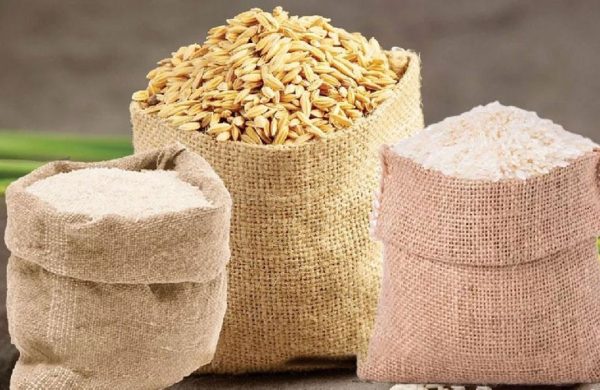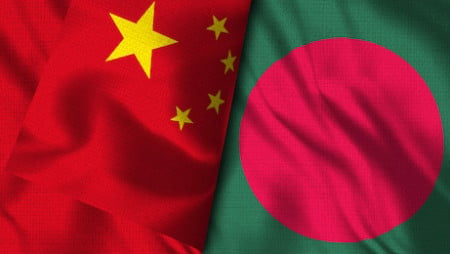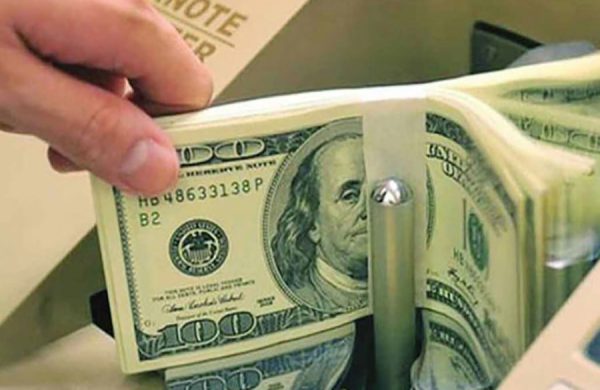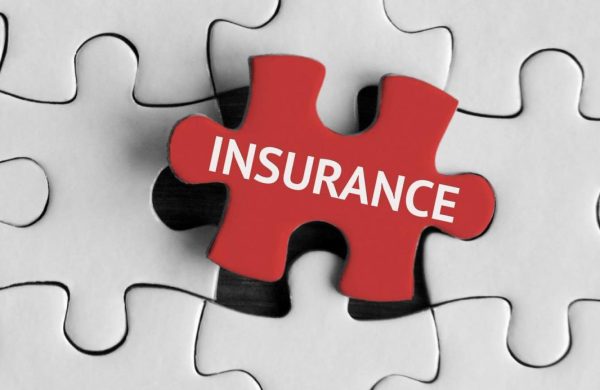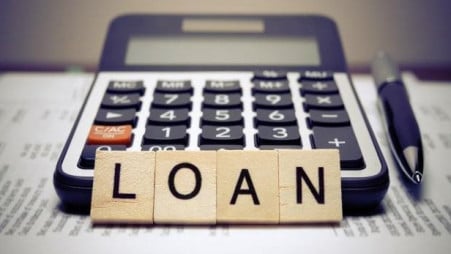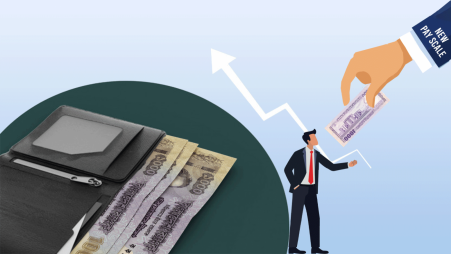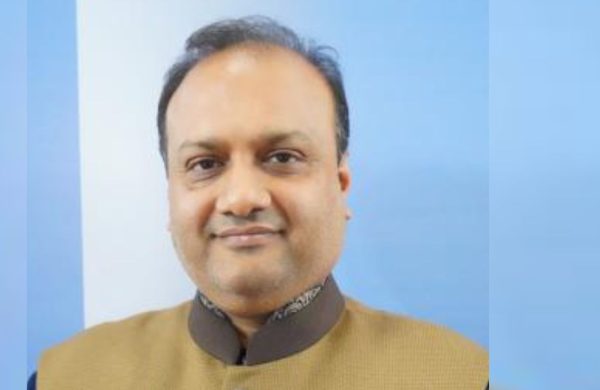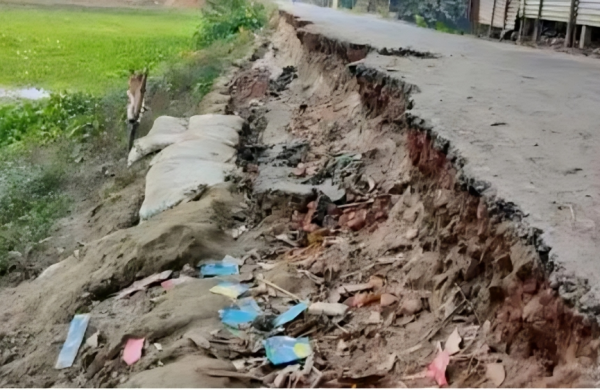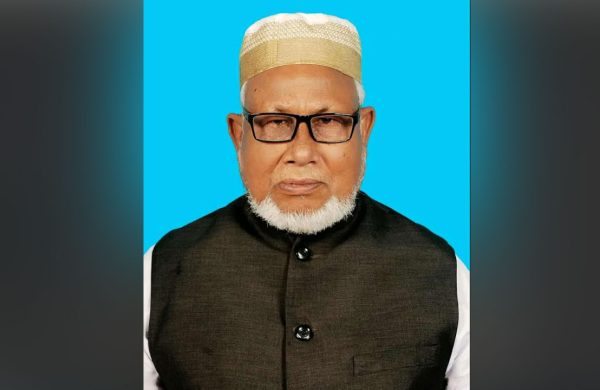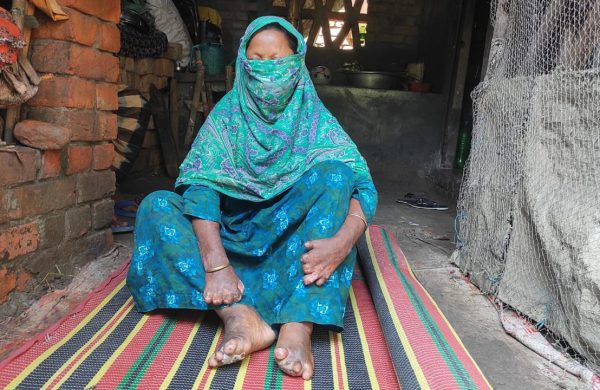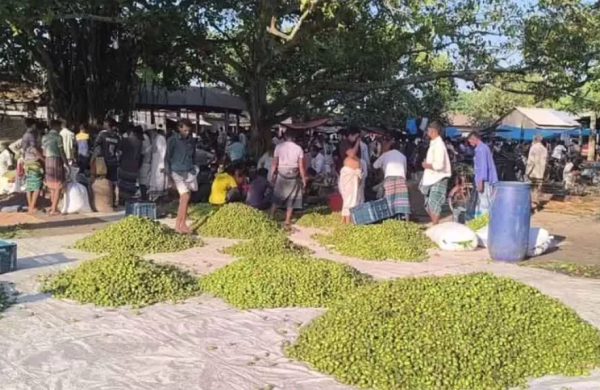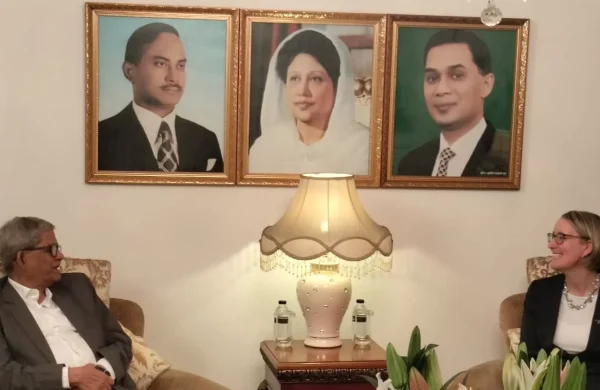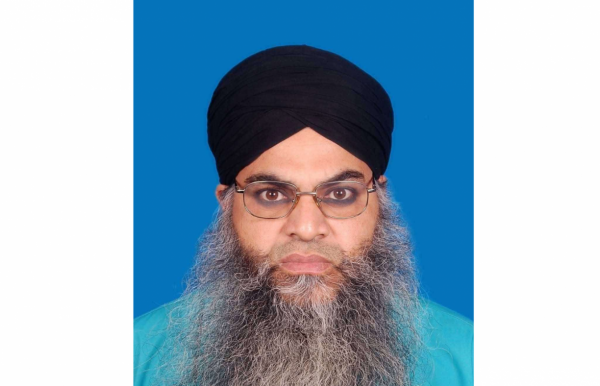Business slump deepening revenue shortfall
- Update Time : Tuesday, October 28, 2025
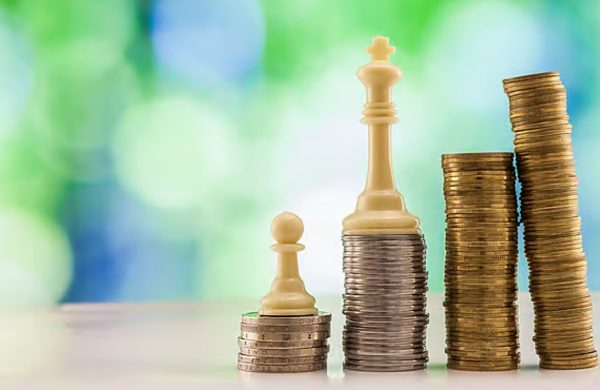
TDS Desk:
Bangladesh’s revenue collection has fallen sharply amid a prolonged business slowdown and waning investor confidence, as both the government and political parties turn their focus to the upcoming national elections.
While foreign exchange reserves, remittance inflows, and export earnings have shown temporary improvement, the broader economy — including trade, investment, and employment — continues to languish. The National Board of Revenue (NBR) has fallen behind its target by about Tk9,000 crore, or roughly 9 per cent, within the first three months of the fiscal year.
Officials acknowledge that the ongoing recessionary trend in business activity has weakened the government’s tax base. To offset the shortfall, the NBR has intensified efforts to recover unpaid taxes and value-added tax (VAT), pursue long-pending court cases, and crack down on tax evasion — though experts warn that aggressive collection drives could further strain struggling enterprises.
With the interim government engaged in discussions over power transfer, election scheduling, and the July uprising trials, economic policy has slipped down the priority list. Business leaders and economists say that unless law and order improve and a stable elected government takes office, investor sentiment will remain subdued.
“The private sector is hesitant,” said Dr Sadiq Ahmed, Vice President of the Policy Research Institute (PRI). “Uncertainty in politics, the energy sector, and banking have discouraged investment. A future elected government may take steps to rebuild confidence. Until investors see stability and security of investment, they will not expand.”
Dr Ahmed also noted that electricity, gas, and energy supply issues persist, while the cost of doing business remains much higher in Bangladesh than in Vietnam or India. “Reforms have begun, but recovery will take one to two years,” he added.
Though foreign exchange reserves recently crossed USD 32 billion, analysts caution that this increase reflects a decline in imports rather than renewed economic strength. Imports fell 16.7 per cent in August compared to July, mainly due to reduced demand for industrial raw materials, machinery, and spare parts.
“On paper, the rising reserve looks positive,” said one analyst, “but in reality, it signals economic contraction. When industries cut imports, production slows, jobs are lost, and consumer demand declines — leading to lower growth and falling tax revenue.”
With businesses earning less, the NBR faces mounting pressure to meet collection targets. One senior NBR official, requesting anonymity, said, “When commercial activity is stagnant, tax receipts inevitably decline. Forcing tax collection from struggling firms could destroy future revenue sources. If a business collapses, its tax contribution disappears permanently.”
To manage the deficit, the revenue authority is focusing on overdue tax recovery, automation of services, and taxpayer-friendly reforms aimed at increasing voluntary compliance.
Inflation remains persistently high despite tight monetary policy. The official inflation rate climbed to 8.36 per cent in September, up from 8.29 per cent in August, with rent, healthcare, and education costs showing the steepest increases. The central bank’s high interest rate strategy has so far failed to curb prices.
The World Bank projects GDP growth at no more than 4.8 per cent for FY2025–26 — significantly below the 6 per cent average achieved in recent years.
Tax specialist Snehashish Barua of SMAC Advisory Services criticised unrealistic revenue targets: “Targets must reflect real economic activity. The revenue outlook would have been worse if not for strong receipts from the tobacco sector — driven more by policy than by genuine growth.”
Business leaders say they are operating cautiously ahead of the February election. R. N. Pal, Managing Director of Pran–RFL Group, said, “Production and consumption have both fallen. People’s purchasing power is shrinking, and when demand is low, production and sales drop — which directly affects revenue.”
He added that tight dollar policies and conservative lending practices by banks have further squeezed liquidity: “Without new investments or credit, there can be no expansion in trade, and that’s why government revenue is falling.”
Mostafa Azad Chowdhury Babu, President of the Bangladesh Cold Storage Association, echoed that sentiment: “If business turnover does not increase, how can tax revenue grow? Law and order and long-term policy clarity are essential. Investors are waiting to see how the next elected government addresses energy, taxation, and regulatory issues before committing major funds.”
Economists agree that Bangladesh’s economy has entered a holding phase — restrained by political uncertainty and cautious private sector behaviour. Until the February election ushers in a stable political order and reforms take root, the recovery of growth, investment, and revenue is expected to remain slow.


